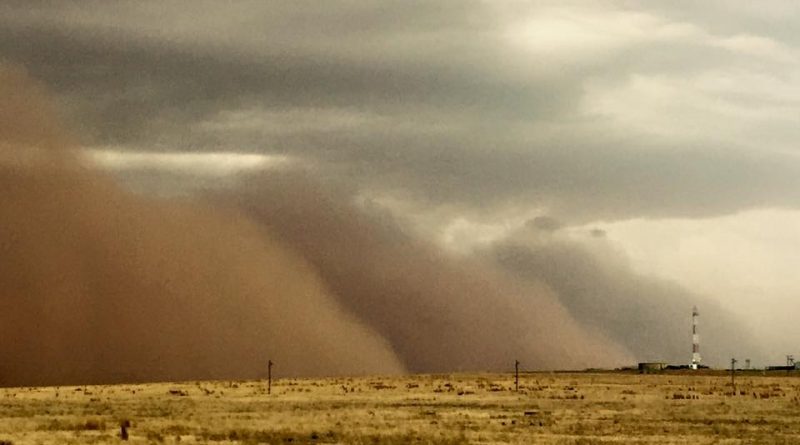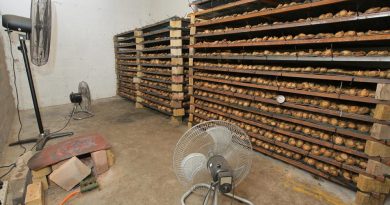Fire, wind and flood storms expose persons to liability risks
Major weather events like the storm that wreaked havoc across Cape Town this week, fires, floods and wind, could potentially lead to increased liability claims against property and vehicle owners.
This is according to Johannes du Plessis, Legal Advisor at RBS (Risk Benefit Solutions Pty Ltd), who says property owners may be held liable for injuries to persons or damage to property caused by fires, floods and wind, if they are found to have been negligent.
“According to legal precedent, if property owners can foresee the reasonable possibility of the wind blowing or dislodging an item from their property and causing damage to other persons, cars or buildings, they are legally required to take reasonable precautionary steps,” he says.
According to Du Plessis, dead branches, recently planted trees that have not yet rooted, loose pot plants, outdoor-dustbins, outdoor furniture and loose doors or window frames are all potential liability risks in the event of gale force winds.
“Likewise, road users should bring their vehicles to a stop in the case that they are able to foresee that they might lose control while driving it through a wind storm. Such a driver may be held to be liable to other drivers if a reasonable person in the position of such a driver would have foreseen the possibility of losing control of his or her vehicle, while driving into or through a wind storm,” he warns.
Du Plessis points out that wind is just one of the potential liability risks. “Flooding caused by torrential rain can also become a liability risk. Property owners are, to some extent, held responsible for the flow of stormwater on their properties. According to legal precedent, because urban tenements have been developed, the flow of water is no longer natural. If stormwater runoff from an individual’s property causes damage to a neighbour’s property, it can be argued that this was due to the property owner’s negligence and failure to take precautionary measures to prevent such damages, meaning that the property owner would have to pay for the neighbour’s damages.
“Lastly, major storms have also been known to cause fires, like we are now seeing in Knysna, either through lightning or through strong winds that spread smaller fires. Again it is up to every property owner to take every reasonable precaution to prevent the spread of fires on their property. This includes securing flammable materials and substances like paint thinners and other accelerants in safe areas, as well as keeping garden rubble and dead branches away from boundary walls. If the cause or even the spread of a major neighbourhood fire can be traced back to a single property, that owner could potentially be held liable for all the consequent damages.”
“It is therefore prudent for property owners to take the right risk management measures to avoid injuries to persons and damages to neighbours’ properties. Consumers also need to consult with their insurance brokers to take out the necessary insurance to cover themselves for such liability,” Du Plessis concludes.
Advice on Safe Driving in Strong Winds.. Pic from Near Worcester https://t.co/j8JlZaaAQP #ArriveAlive @N3Route @TRACN4route @BakwenaN1N4 pic.twitter.com/mk9pAp0PBs
— Arrive Alive (@_ArriveAlive) June 7, 2017




